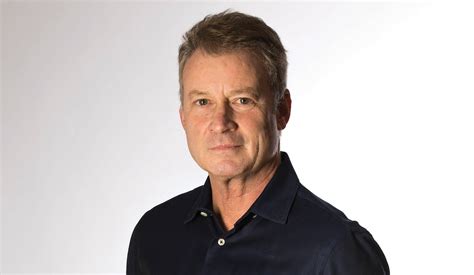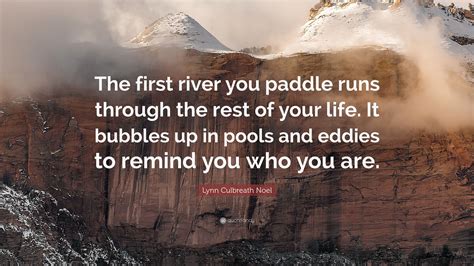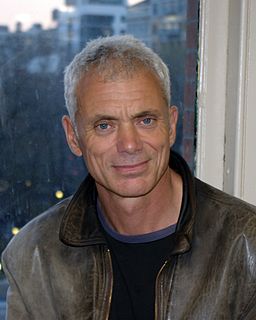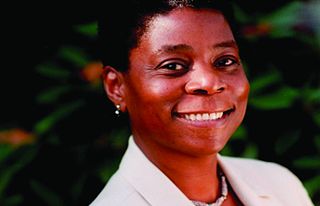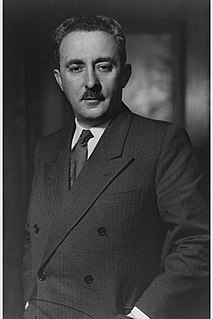A Quote by Bill Mollison
The value of land must, in the future, be assessed on its yield of potable water. Those property-owners with a constant source of pure water already have an economically-valuable "product" from their land, and need look no further for a source of income.
Related Quotes
Time is a topological manifold. It is a surface. Events flow across it like water over land and like water flowing over land, when the land is flat, the water becomes reflective and moves slowly. When the landscape becomes disrupted, the water moves faster and chaotic attractors appear and new kinds of activity emerge and out of that new activity, there comes the new states that define the future.
For me, it always comes back to the land, respecting the land, the wildlife, the plants, the rivers, mountains, and deserts, the absolute essential bedrock of our lives. This is the source of where my power lies, the source of where all our power lies. We are animal. We are Earth. We are water. We are a community of human beings living on this planet together. And we forget that. We become disconnected, we lose our center point of gravity, that stillness that allows us to listen to life on a deeper level and to meet each other in a fully authentic and present way.
A Land Valuation Tax is a levy on the value of the land unimproved by buildings or other enhancement. The method is already used by insurance companies each year when they calculate your home insurance premium - they separate the cost of a total rebuild of the property from the value of the land itself.
If you take a glass of water and separate it from its source - the ocean - then pour the water away from its source and ask it to sustain life, it flitters away. It just evaporates. It can't sustain life. That's a metaphor for us when we separate ourselves from our source and believe that God is separate from us.
[In Adelie Land, Antarctica, a howling river of] wind, 50 miles wide, blows off the plateau, month in and month out, at an average velocity of 50 m.p.h. As a source of power this compares favorably with 6,000 tons of water falling every second over Niagara Falls. I will not further anticipate some H. G. Wells of the future who will ring the antarctic with power-producing windmills; but the winds of the Antarctic have to be felt to be believed, and nothing is quite impossible to physicists and engineers.
If an open source product gets good enough, we'll simply take it. So the great thing about open source is nobody owns it - a company like Oracle is free to take it for nothing, include it in our products and charge for support, and that's what we'll do. So it is not disruptive at all - you have to find places to add value. Once open source gets good enough, competing with it would be insane. We don't have to fight open source, we have to exploit open source.

